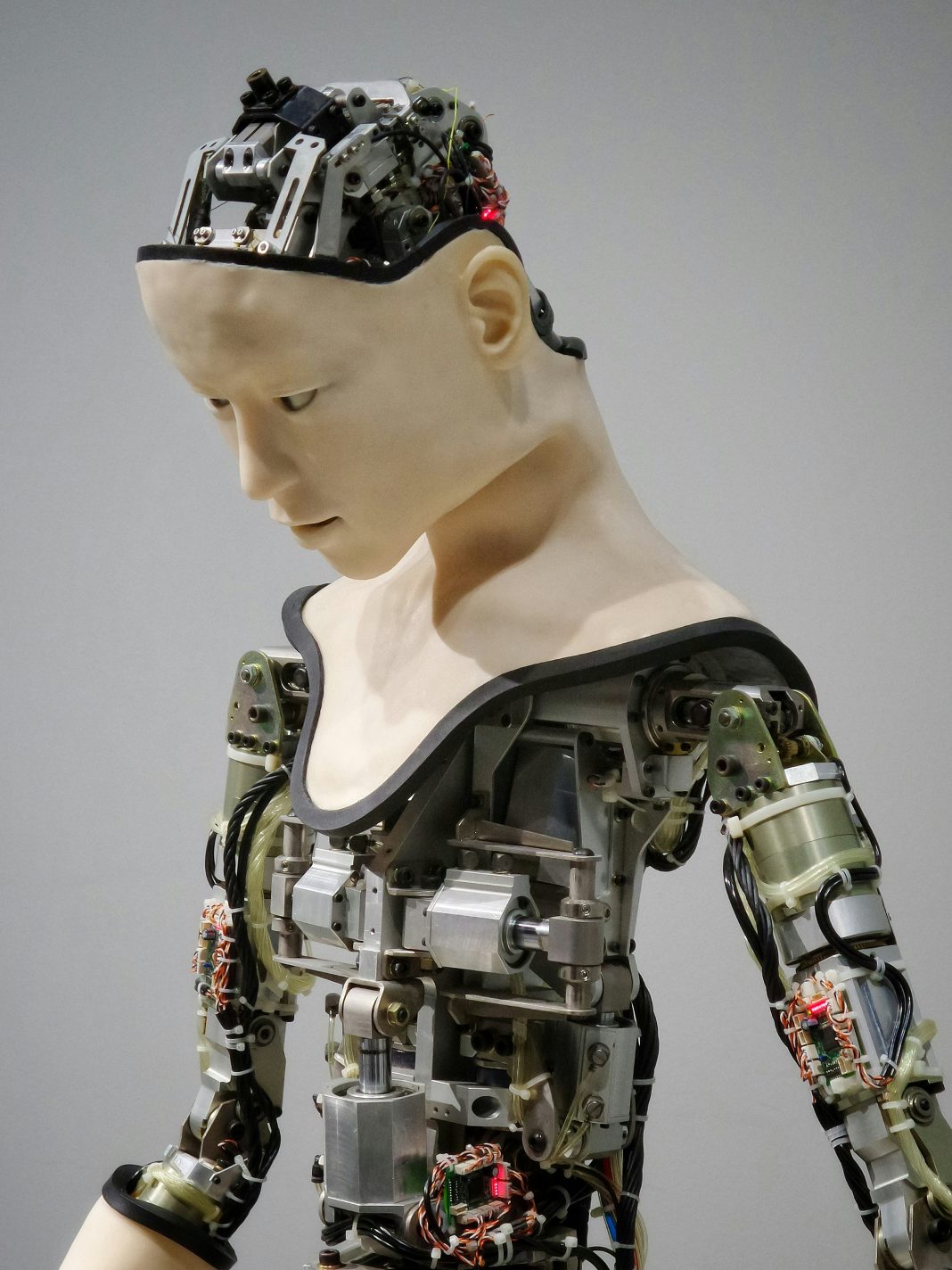Artificial Intelligence (AI) is revolutionizing various sectors and significantly altering daily life. From enhancing business operations to personalizing user experiences, AI’s impact is profound and far-reaching. This article explores how AI is transforming industries and our everyday lives, highlighting key applications and future trends.
AI in Industry
1. Healthcare
AI is making significant strides in healthcare, improving patient outcomes and operational efficiency.
- Medical Diagnostics: AI algorithms can analyze medical images and detect diseases like cancer at early stages with high accuracy. For example, AI-powered tools are used to interpret mammograms and identify breast cancer.
- Personalized Medicine: AI can analyze patient data to recommend personalized treatment plans. By considering genetic information, lifestyle, and environmental factors, AI helps in tailoring treatments to individual patients.
- Administrative Efficiency: AI streamlines administrative tasks like scheduling, billing, and patient record management, reducing workload and minimizing errors.
2. Finance
In the finance industry, AI is enhancing decision-making, improving customer service, and ensuring regulatory compliance.
- Algorithmic Trading: AI algorithms can analyze vast amounts of data in real-time to execute trades at optimal times, increasing profitability and reducing risks.
- Fraud Detection: AI systems monitor transactions for unusual patterns that may indicate fraudulent activity. These systems can quickly adapt to new fraud tactics, providing robust security.
- Customer Service: AI-powered chatbots and virtual assistants provide 24/7 customer support, handling routine inquiries and freeing up human agents for more complex issues.
3. Retail
AI is transforming the retail sector by optimizing supply chains, enhancing customer experiences, and personalizing marketing strategies.
- Inventory Management: AI predicts demand trends, helping retailers maintain optimal inventory levels and reduce waste.
- Personalized Shopping: AI analyzes customer behavior to provide personalized product recommendations and targeted advertising, improving customer satisfaction and sales.
- Customer Service: AI-driven chatbots assist customers with inquiries and order tracking, providing instant support and improving service efficiency.
4. Manufacturing
AI applications in manufacturing are driving efficiency, reducing costs, and improving product quality.
- Predictive Maintenance: AI predicts equipment failures before they occur, enabling preemptive maintenance and reducing downtime.
- Quality Control: AI systems inspect products for defects with greater accuracy than human inspectors, ensuring consistent quality.
- Supply Chain Optimization: AI analyzes data to optimize supply chain logistics, reducing costs and improving delivery times.
AI in Daily Life
1. Smart Homes
AI is enhancing the convenience and efficiency of smart homes through automation and intelligent systems.
- Voice Assistants: AI-powered voice assistants like Amazon’s Alexa, Google Assistant, and Apple’s Siri can control smart home devices, provide information, and assist with daily tasks.
- Energy Management: AI optimizes energy usage by learning residents’ habits and adjusting heating, cooling, and lighting accordingly, reducing energy consumption and costs.
- Security Systems: AI-powered security cameras and alarm systems can detect unusual activities and alert homeowners, providing enhanced security.
2. Transportation
AI is revolutionizing transportation with advancements in autonomous vehicles, traffic management, and ride-sharing services.
- Autonomous Vehicles: AI enables self-driving cars to navigate and make real-time decisions, promising safer and more efficient transportation.
- Traffic Management: AI systems analyze traffic data to optimize signal timings and reduce congestion, improving traffic flow in urban areas.
- Ride-Sharing: AI algorithms optimize ride-sharing routes and match passengers with drivers, improving efficiency and reducing wait times.
3. Personal Assistants
AI personal assistants help manage daily tasks, providing reminders, scheduling appointments, and offering personalized recommendations.
- Calendar Management: AI can schedule and manage appointments, send reminders, and optimize your schedule.
- Personalized Recommendations: AI analyzes your preferences and habits to recommend products, services, and content tailored to your interests.
- Health Monitoring: AI-powered wearable devices track fitness levels, monitor vital signs, and provide health insights, promoting a healthier lifestyle.
Future Trends in AI
The future of AI promises even more transformative developments across various domains.
- Advanced Natural Language Processing (NLP): AI will become better at understanding and generating human language, improving communication with machines.
- AI Ethics and Governance: As AI becomes more integrated into society, ethical considerations and regulatory frameworks will evolve to address concerns about privacy, bias, and accountability.
- Enhanced Human-AI Collaboration: AI will augment human capabilities, leading to more effective collaboration between humans and intelligent systems in various fields.
Conclusion
Artificial Intelligence is undeniably transforming industries and daily life, offering unprecedented opportunities for innovation and efficiency. As AI continues to advance, its impact will grow, further shaping the future of work, society, and personal living. Embracing AI responsibly and ethically will be crucial in harnessing its full potential for the benefit of all.

